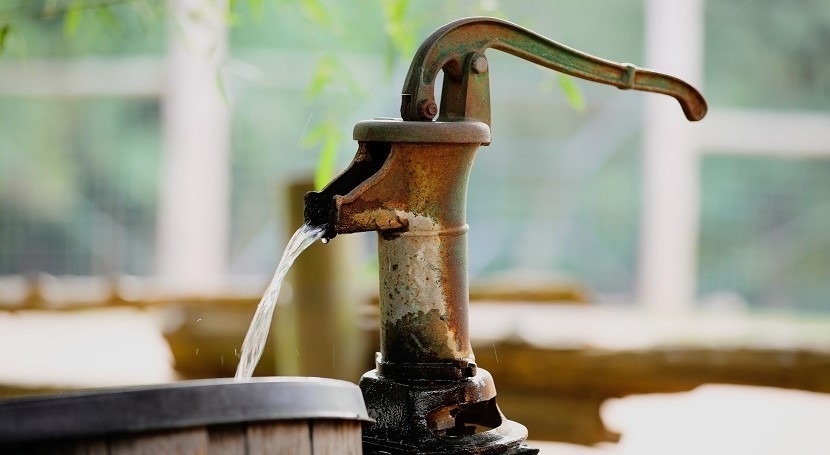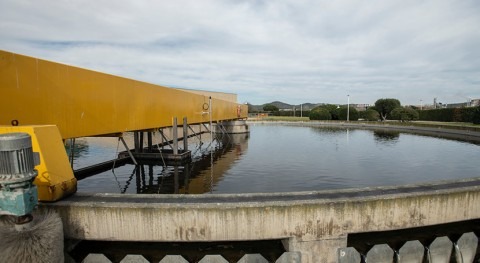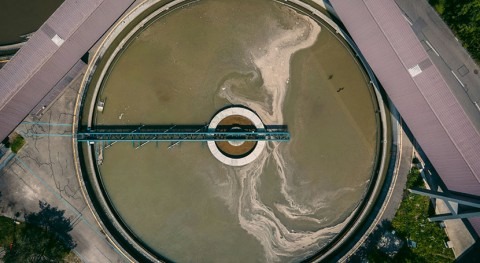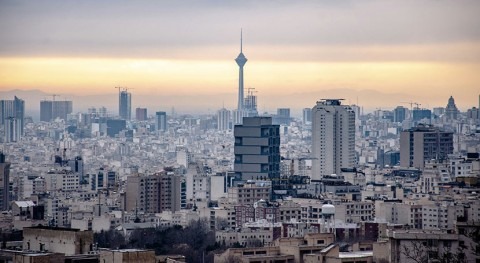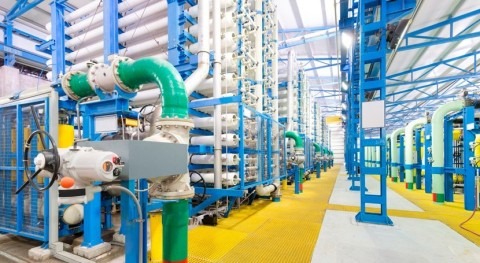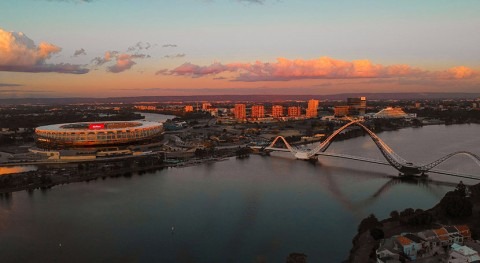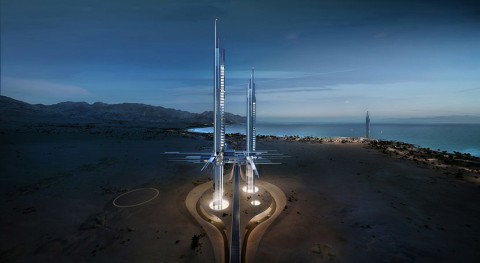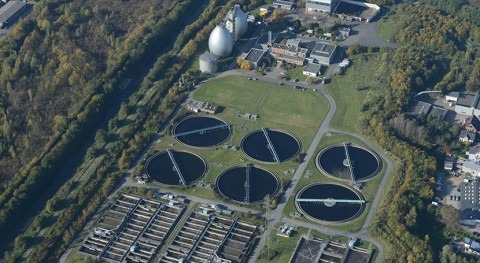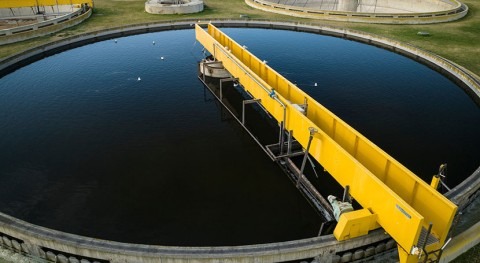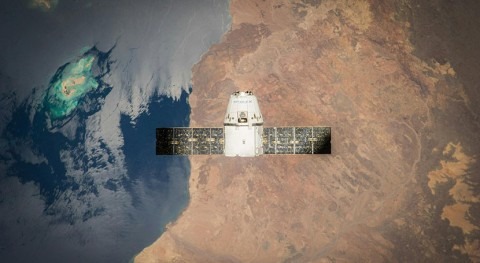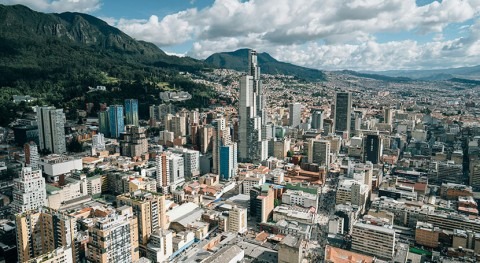UN Water has released a Summary Progress Update 2021 on Sustainable Development Goal 6, with the latest information from almost 200 countries for many indicators compiled during last year’s 2020 Data Drive. Produced by the UN-Water Integrated Monitoring Initiative on SDG 6, the report provides an assessment of the 2021 status of SDG 6, using official country data on the indicators for SDG 6.
In the foreword, the Chair of UN-Water and President of the International Fund for Agricultural Development, Gilbert Houngbo, says “This report shows that we need to do more, much more quickly”. Sources of water are drying up, becoming polluted, or both, while the water demands of industry, agriculture and energy are increasing to meet the needs of a growing population. SDG 6 goes beyond water and sanitation services, to address the entire water cycle, including pollution prevention, water use efficiency, water resource management and protection of water ecosystems.
Highlights from the report include that the current rate of progress needs to quadruple to reach universal access to drinking water and sanitation by 2030. While much remains to be done to achieve SDG 6 targets, efforts to monitor progress also need to improve. Data on wastewater treatment and water quality is missing for a large portion of the world. In fact, large data gaps still exist on several counts, due to little technical capacity and few human and financial resources in some countries.
The report also notes that in the last 20 years, the level of water stress has increased by 35 per cent in some regions. To reduce water stress, it calls for water use efficiency, wastewater reuse and a sustainable agriculture. Furthermore, the effects of climate change complicate the provision of water services and resilience must be a priority. If groundwater and surface water resources dwindle, building pumps and pipelines will be of no use.
The summary progress report is an important contribution to one of the five accelerators that are part of the SDG 6 Global Acceleration Framework: data and information. The director of the international development program at the John Hopkins School of Advanced International Studies, Tanvi Nagpal, told Circle of Blue that even if the data may be incomplete, monitoring the commitments is important to identify trends and focus financial resources on areas of greatest need. The report will help guide a discussion on acceleration at the next high-level meeting on the “Implementation of the Water-related Goals and Targets of the 2030 Agenda” which will take place on March 18 in New York.



